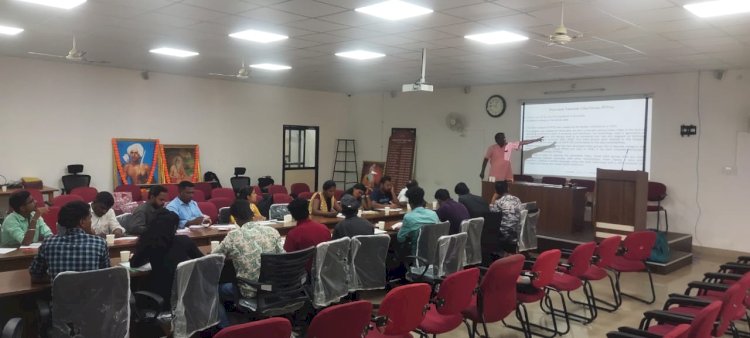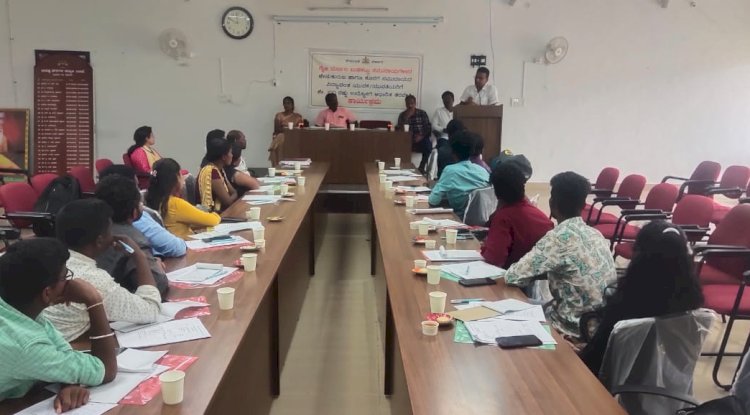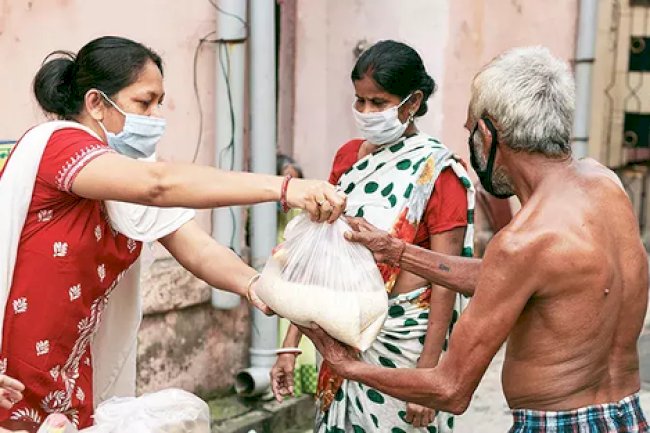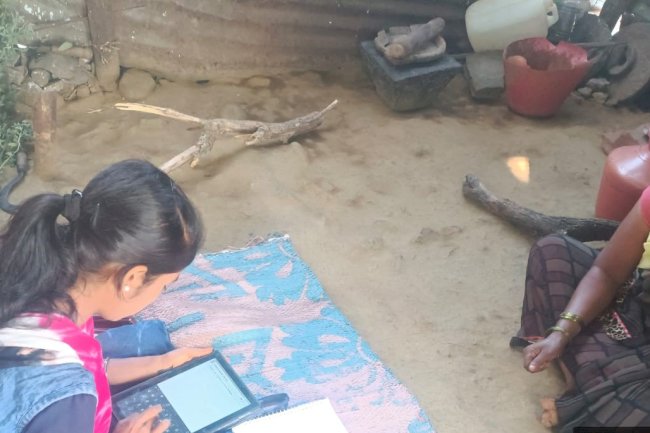From the heartlands of Karnataka: Endeavours with the PVTGs
Endeavours with the Particularly Vulnerable Tribal Groups

About 6.99 per cent of the total ST population resides in Karnataka (Census of India 2011) and fall into 50 different groups. The PVTG classification, initiated by the Dhebar Commission in 1973, identifies tribes facing heightened vulnerabilities. These include economic struggles, pre-agricultural technology, low literacy rates, and stagnant or declining population growth. In Karnataka, Jenu Kuruba and Koraga stand out as the most vulnerable among the 50 tribal communities.
In the heartlands of state, where lush landscapes cradle the lives of tribal communities, GRAAM is embarking on a transformative journey to uplift the Particularly Vulnerable Tribal Groups (PVTGs), specifically the Jenu Kuruba and Koraga tribes.
Jenu Kuruba, with a population of 36,076, predominantly roams the districts of Kodagu, Chamarajanagar, and Mysore. Known for their harmonious coexistence with nature, their lifestyle faces challenges in the changing socio-economic landscape. Similarly, Koraga, with 14,794 members, has overcome historical adversities, yet still grapples with societal perceptions and the need for sustainable livelihoods.
Recognizing these challenges, GRAAM's study, spanning Mysuru, Chamarajanagar, Kodagu, Udupi, Dakshina Kannada, and Uttara Kannada districts, aims to delve into the socio-economic fabric of the tribes. The study seeks to unearth the current status of youth aged 15 to 29, exploring their educational, skill-based, and livelihood pursuits.
Among the key study questions are inquiries into their socio-economic standing, migration patterns for employment, existing educational qualifications, and the hurdles hindering skill acquisition. The study also examines the policies and programs available for tribal development, the landscape of livelihoods, and the reach of key initiatives among the youth.

GRAAM's mission extends beyond data collection; it aspires to lay the groundwork for alternative livelihood opportunities for the tribal youth. By understanding their aspirations, challenges, and innate skills, GRAAM aims to bridge the gap between tradition and modernity, providing avenues for sustainable development.
As the study unfolds, it promises to unravel narratives of resilience, perseverance, and the quest for a brighter future within these tribal communities. GRAAM envisions not just a survey but a roadmap for empowerment, heralding a new era of progress for the Jenu Kuruba and Koraga tribes in Karnataka. Stay tuned as we embark on this impactful journey of transformation.
Know more about the project on www.graam.org.in
What's Your Reaction?





















